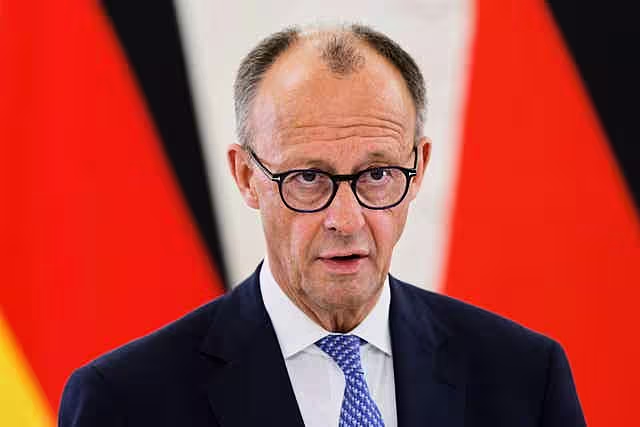
Germany's economy expanded 0.4% in the first quarter, thanks to stronger-than-expected exports and manufacturing activity, official data showed.
That's double the growth originally planned for Europe's largest economy.
Late last month, Germany's Federal Statistical Office reported that the economy grew 0.2% in the January-March period compared with the previous quarter.
The head of the office, Ruth Brandt, noted that the recalculation of the data was due to the “surprisingly positive economic development recorded in March.”
The last time Germany recorded higher growth was in the third quarter of 2022, when gross domestic product increased by 0.6%.

Germany has struggled to achieve sustainable growth for years, and the economy has contracted in each of the last two years. It shrank by 0.2% in the fourth quarter of last year.
In its first forecast since new Chancellor Friedrich Merz was appointed earlier this month, a group of independent economic advisers on Wednesday predicted that gross domestic product would remain flat this year and grow by 1% next year.
The report cited headwinds such as tariffs and trade threats from US President Donald Trump, but said a massive infrastructure investment package put together by Mr Merz's coalition offered room for improvement next year.
Carsten Brzeski, global head of macro at ING bank, said the improvement in first-quarter numbers was likely to be a “one-off positive,” at least in the short term, helped by businesses trying to circumvent Trump's tariffs.
“As a result of the tariffs and ahead of Liberation Day, industrial production and exports in Germany increased significantly in March,” Mr Brzeski added in his research report.
Sourse: breakingnews.ie






